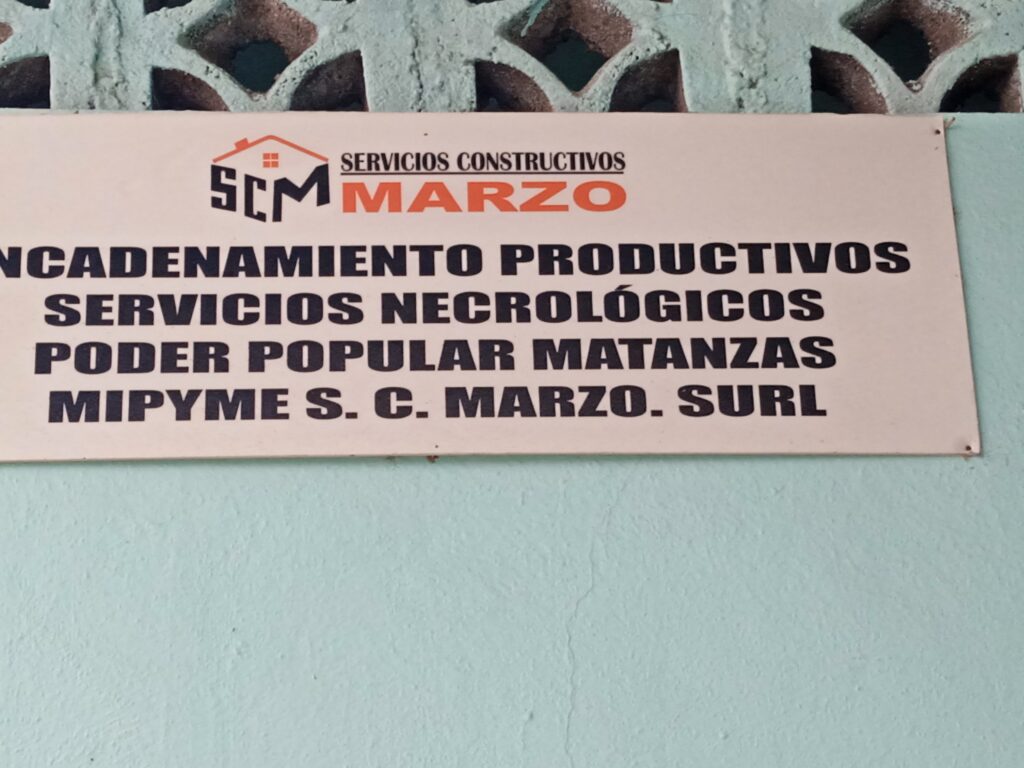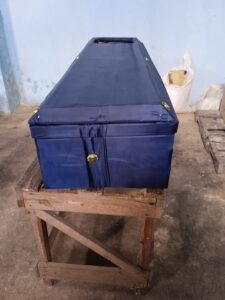A Preliminary Look at Funeral Services in Matanzas.

Given the current state of funeral services in the province of Matanzas, which has generated complaints from the population, we have begun a series of journalistic investigations to understand the causes and compare the various sources of information.

Given the current state of funeral services in Matanzas province, which has generated complaints from the population, we have begun a series of journalistic investigations to understand the causes and compare the various sources of information.
The dissatisfaction relates to the delays in the collection of bodies, both from hospitals and homes, reportedly due to a shortage and poor condition of hearses.
Additionally, the lack of state-produced wreaths and cushions is noted, forcing families to resort to private individuals and micro, small, and medium-sized enterprises (MSMEs) at high prices, as well as the poor quality of the coffins, among other problems.
In this report, we will focus on the issue of coffins. There are two factories in Matanzas dedicated to the manufacture of coffins: one in the provincial capital and the other in Cárdenas.
The establishment in Ciudad Bandera is a state entity administered by Servicios Comunales, while the one in the city belongs to the MIPYME Servicios Constructivos Marzo, also recognized by Servicios Comunales.

For this review, I visited only the Matanzas factory, located on Calzada de San Luis, on the same site as the former state-owned factory. Upon arrival, I observed an unusual pace of work, at least compared to many other workplaces. All the workers were busy; I didn’t see anyone using a cell phone or wasting time.
After identifying myself, I was greeted by Marzo, the president of the micro, small, and medium-sized enterprise (MSME), who showed me the entire production process. I was able to confirm that the coffins are of good quality; he even dropped one without any damage.
The coffins, both those produced by the MSME and those from the state, are provided free of charge to the deceased’s family, subsidized by the Cuban government.
During the tour, I also visited the warehouse and observed that the fabric used to line the coffins meets quality standards. “Currently,” Marzo explained, “we don’t have tacks due to a shortage in the domestic market, so we use small nails. This affects the aesthetics of the work, although the physical quality is excellent.”
The coffins are distributed by the Municipal Services Department, so none of the factories are affiliated with their location, and you can find coffins made by one workshop or another in any municipality.
This is one aspect of the current state of funeral services in Matanzas, an issue that is causing concern among the population, and we will continue to follow this story.
Written by Enrique Tirse.



